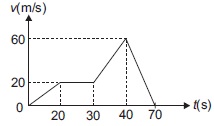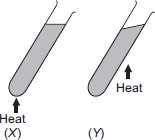Subject :NSO Class : Class 1
Subject :NSO Class : Class 5
Post Your Answer
Subject :NSO Class : Class 5
Ans 1:
Class : Class 5
Moon takes 29.5 days to do one revolution (almost 30) and the moon does have an atmosphere, and air, only it is less than the earths.
Post Your Answer
Subject :NSO Class : Class 9
Post Your Answer
Subject :NSO Class : Class 5
_______ is a good conductor of electricity.
AMetal
BRubber
CPlastic
DAll of these
Please comment ans
Post Your Answer
Subject :NSO Class : Class 8
Post Your Answer
Subject :NSO Class : Class 7
Post Your Answer
Subject :NSO Class : Class 8
Post Your Answer
Subject :NSO Class : Class 8






